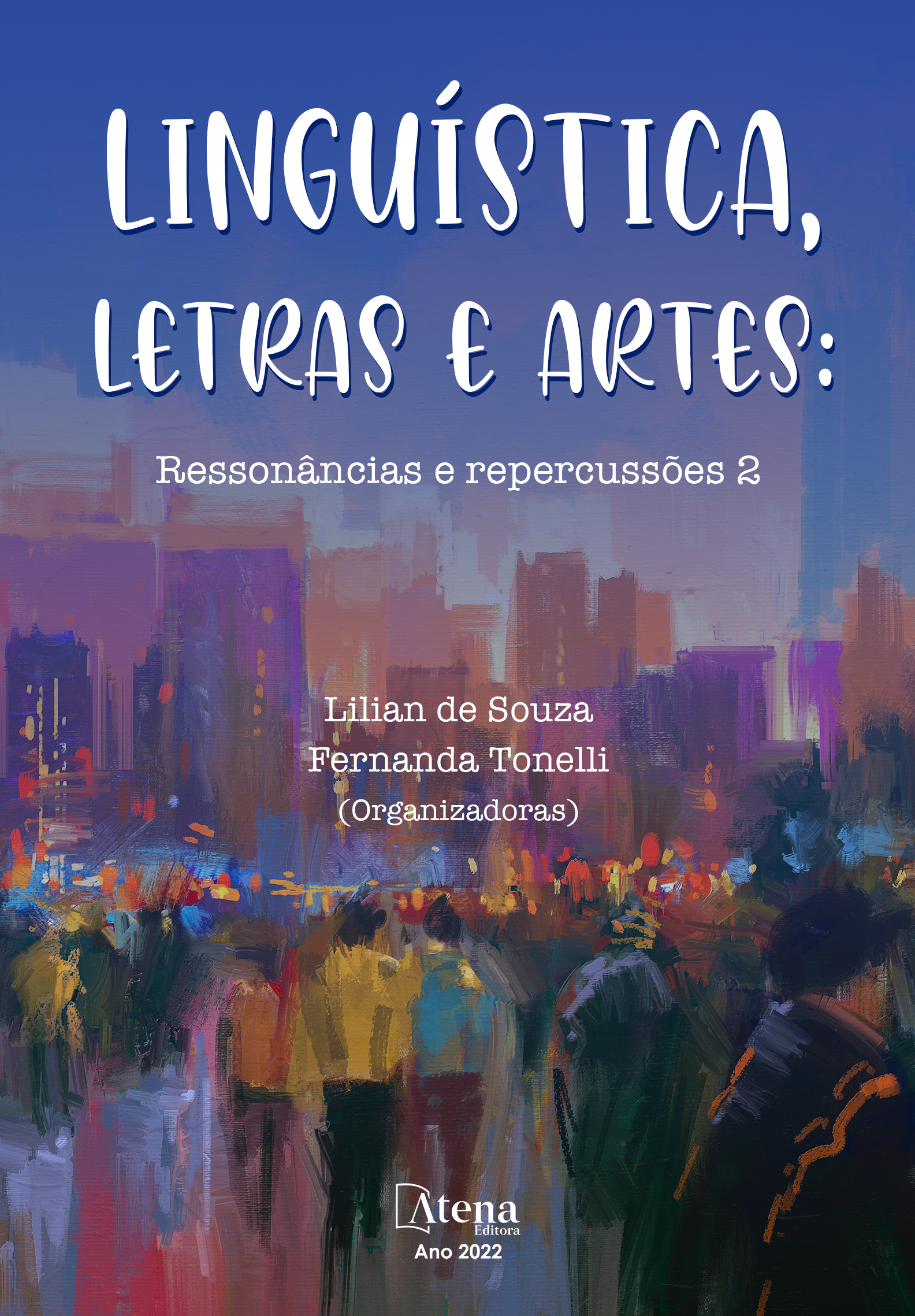
LETRAMENTO DIGITAL: NOVAS PRÁTICAS SOCIAIS E ENSINO
O objetivo desse artigo é analisar como as novas tecnologias de informação e comunicação (TICs), alteram as práticas sociais, o que exigem novas práticas de letramentos. Para isso, por intermédio de observações empíricas em nossa realidade social atual, buscamos analisar a crescente necessidade de inserção das linguagens digitais no ensino e as mudanças que os recursos tecnológicos causam nas práticas da sociedade, principalmente, nesse contexto de pandemia causada pelo coronavírus SARS-CoV-2 (Covid-19). Como referencial teórico para a pesquisa, utilizamos os trabalhos de Jordão, (2007), Lajolo e Zilberman (2009), Street (2013), Fiorin (2015) e Dudeney et.al. (2016). As novas linguagens digitais promovem novas práticas sociais, novos modelos de comunicação e possibilidades de leituras. Parte-se do conceito que as atividades humanas são intermediadas pela linguagem e que o termo letramento não se restringe ao universo da palavra, mas, também, aos aspectos da vida e o conhecimento de mundo. Desta forma, com o advento de novas tecnologias, surgem novos conhecimentos e novas linguagens que precisam ser aprendidas no ensino educacional para preparar os estudantes para o presente e futuro em uma sociedade digital.
LETRAMENTO DIGITAL: NOVAS PRÁTICAS SOCIAIS E ENSINO
-
DOI: 10.22533/at.ed.55822170511
-
Palavras-chave: Letramento digital. Linguagem. Prática social.
-
Keywords: Digital literacy. Language. Social practice.
-
Abstract:
The aim of this article is to study how new information and communication technologies (ICTs) change social practices or require new literacy practices. For this, through empirical observations in our current social reality, we seek to analyze the growing need to insert digital languages in teaching and the changes that technological resources cause in society's practices, especially in this context of a pandemic caused by the SARS-Coronavirus. CoV-2 (Covid-19). As a theoretical reference for the research, we used the works of Jordão, (2007), Lajolo and Zilberman (2009), Street (2013), Fiorin (2015) and Dudeney et.al. (2016). The new digital languages promote new social practices, new communication models and reading possibilities. It starts from the concept that human activities are mediated by language and that the term literacy is not restricted to the universe of words, but also to aspects of life and knowledge of the world. In this way, with the advent of new technologies, new knowledge and new languages emerge that need to be learned in educational teaching to prepare students for the present and future in a digital society.
-
Número de páginas: 13
- Raiani Sena Neves
- Eduardo Almeida Flores


